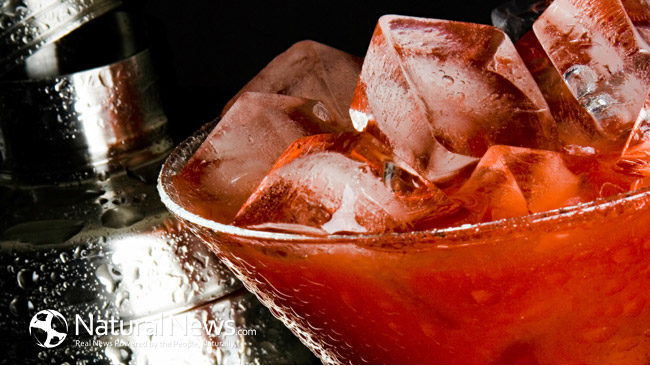As far back as 10,000 BC humans were producing and drinking alcohol, and though the mode of fermentation may have changed over time, our thirst for the drink has not. The discussion of alcohol’s advantages and disadvantages has been around for years; is it a tonic or a poison? Is it really so bad for us?
A Balancing Act
The idea that drinking moderate amounts alcohol is good for the heart has received plenty of attention: Evidence suggests there is a reduced risk of heart-related deaths in people who consume small amounts of alcohol compared to people who abstain entirely. A study that followed two million people over approximately 11 years found that, compared to people who were non-drinkers, moderate drinkers (in this case, ‘moderate’ means no more than one daily drink for women and two for men) have a:
• 29% lower risk of developing coronary artery disease
• 25% lower risk of dying from a heart attack
• 25% lower risk of dying from disease of the heart or blood vessels
• 13% lower risk of dying from any cause
The pay-offs of moderate drinking aren’t restricted to the heart either. Type 2 diabetes and gallstones are also far less likely to arise in moderate drinkers than in teetotallers, and that’s not considering the indirect contribution to health and well-being that alcohol can offer. A drink before you eat can help digestion; a glass of wine can provide a calming respite after a taxing day; drinking with friends can be a fun social activity.
Tonic or Toxin?
But the positive messages about alcohol consumption have been tempered by a new study linking alcohol to an increased risk of dying from cancer. Researchers from the National Cancer Institute have found that about 4% of cancer deaths are linked to alcohol, most commonly mouth, throat and esophageal cancer for men and breast cancer in women. Because this study is new, a full relationship between alcohol and cancer remains unclear.
The negative aspects of alcohol consumption, however, are widely known. Aside from the multiple physical disadvantages to drinking more than the ‘safe’ amount, the psychological drawbacks cannot be overstated. The road to recovery for alcoholics is long and often the drink’s pull is just too great. Alcohol is associated with about half of fatal traffic accidents and can significantly contribute to depression and violence.
Moderation is key. What you drink isn’t nearly as important as how often and how much you drink, and the health benefits seen by those who consume moderate amounts do not apply to heavy drinkers. The effects of having seven drinks in one night and abstaining for the rest of the week are not the same as having one daily drink. Although the consumption level is the same, the health implications are exceedingly different.
Alcohol is both a tonic and a toxin – the difference is in the dose.





